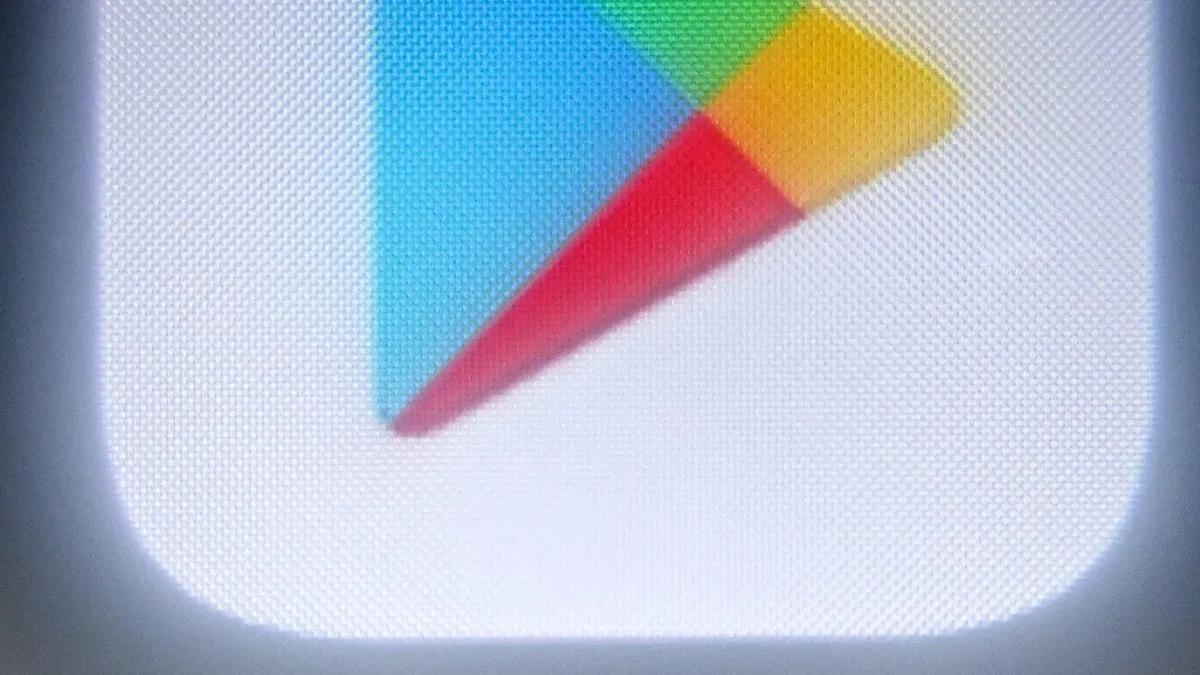
As of April 29, Google has implemented major changes in how apps function on Android devices. This new policy will commence next month and will have a profound impact on users, particularly those with older operating systems. The Android-maker is now allowing apps to operate differently based on the specific version of the operating system installed on your phone. Unfortunately, this change may lead to some essential applications, such as finance and messaging apps, malfunctioning for many users.
At the heart of this transformation is the Play Integrity API. Google describes this tool as vital for safeguarding businesses against various threats, including fraud, bots, cheating, and data theft. Applications that utilize Play Integrity features to identify suspicious activities have reported an impressive 80% reduction in unauthorized usage compared to those that do not. However, the implications of this technology have shifted, particularly for users running Android 12 or older systems.
The new technology distinguishes between devices based on their operating system version. Users on devices running Android 13 and newer can expect improved performance, reliability, and privacy. In stark contrast, those still using Android 12 or earlier versions may experience significantly slower app functionality. Alarmingly, this affects over half of all Android users, as recent data reveals that a considerable portion of devices have yet to update to Android 13 or higher.
In addition to the changes in app functionality, Google is introducing enhanced security signals that allow developers to assess the trustworthiness of the devices running their applications. Developers are now empowered to adjust their apps' behavior based on whether they are running on devices with Android 12 or lower, compared to those with the enhanced definition on Android 13 and above. This adjustment is part of a broader strategy to ensure that apps are running on up-to-date and secure devices.
According to Google, more than 200 million users are still on Android 12, and they face a significant issue: the operating system has reached its end-of-life status, meaning that Google will no longer provide security patches for it or Android 12L. While device manufacturers (OEMs) may step in to provide some updates temporarily, users should not rely on this support for the long term.
In tandem with these changes, Google is also taking steps to reduce the number of low-quality and high-risk applications available on the Play Store. The company has been proactively removing apps deemed inadequate and has introduced warning labels for those that exhibit concerning behaviors, such as high uninstall rates. This initiative has led to a dramatic reduction in the number of apps available on the Android marketplace, dropping from approximately 3.4 million apps at the beginning of 2024 to around 1.8 million currently, representing a staggering decline of 47%.
Google has emphasized that apps must deliver a stable, responsive, and engaging user experience. They have explicitly stated that apps that crash or lack essential functionality will be removed from the Google Play Store. This significant reduction in app availability is not part of a broader global trend, as research indicates that the number of apps in Apple’s App Store has actually increased during the same timeframe.
If you are still using a device that operates on Android 12 or 12L, it is strongly advised that you consider an upgrade. As noted by Android Authority, if you value your security and overall app performance, moving to Android 13 or a newer version is essential. In summary, the necessity for an OS update—or potentially a new phone altogether—cannot be overstated.